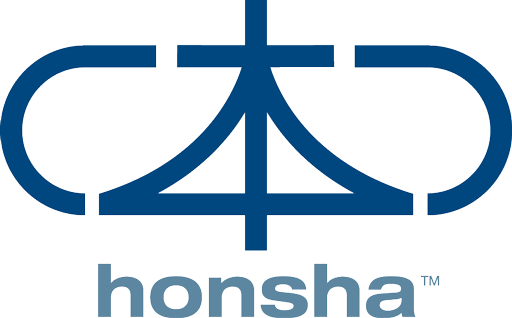
It sounds like you’ve already introduced Lean on a large scale and were happy with what you did (otherwise you wouldn’t be looking for ways to sustain it). Your challenge lies specifically in the sustainability of what you’ve done in the decentralized organization you have.
In addition to being decentralized, you may want to consider some other factors that usually make sustainability more difficult: Size; larger organizations face difficulties in sustaining a large Lean enterprise (of course there are exceptions). Employee turnover; organizations with a high turnover rate and temporary work face more difficulties sustaining themselves (there are exceptions here too). Lack of accountability, lack of trips to the gemba by leadership (not the industrial tourism type), lack of metrics (the right ones, in the right places), etc., are just a few of the many factors that get in the way of sustainable implementation. I think the list is much longer, but it’s important to recognize some factors that must be overcome, addressed, resolved beforehand or fully acknowledged.
I believe that sustaining Lean is best started in the planning phase, long before the implementation takes place.
A good implementation is much easier to maintain. For example, before implementing it, try to eliminate SWIS (Standard Work Instruction Sheets) wherever possible. You can do this by replacing it with Pokayoke techniques and adhering the procedure to the process. When you eliminate the chances of doing it wrong, there’s no need to document that step in the process. Sustaining a step becomes natural and doesn’t need an artificial method to “guarantee” compliance. In the case of upholding through standard documentation, we need to remember that people are not natural followers of standards, documents, policies (and sometimes not even laws…).
Another thing before implementation is that you can anticipate the Yokoten principles. From the previous example, this step that was Pokayoked will now be implemented in other places where it can be copied. This eliminates a few more documents and brings it closer to natural support.
But as you’re already progressing with your implementation, with a solid foundation, sustaining what you already have may require a different set of skills than you needed to implement it. Definitely, many of these skills (and practices, habits, mindsets) are common to both implementer and maintainer, but there are those that are specific, very particular to the maintainer.
My first few years as a trainee at Toyota, I had to write hundreds of procedures and standards on the shop floor, a skill we were taught to “help with process consistency” or “sustainability” etc. But sustainability didn’t just depend on these documents.
Senior managers hold all associates accountable to existing standards. Their motto was “you get what you inspect, not what you expect”.
The skill that became very evident when the managers challenged us was the Socratic approach. This is one of those skills that becomes more common as you move up the hierarchy.
Another mindset that those in charge displayed was to never let us do something until we were totally reliable.
Another fundamental skill of my managers was their in-depth knowledge of Lean techniques.
The latter was perhaps the rarest of the skills I see out there. I often see traditional managers delegating Lean to others without understanding the bare minimum. How can they ensure compliance (and therefore sustainability) if they can’t delegate to people a standardized work combination table, for example? If they can’t read the chart, how will they know that people are following it? Although I never saw any of my Toyota bosses writing a single SWIS, SWC, SWCT etc., they knew how to read and audit them on the shop floor, and they did it several times a month.
We often hear and read that sustaining is everyone’s role in the organization. However, sustaining requires well-prepared and conscious leadership. Nothing else works if we fail at a single stage. The impression I got at Toyota was that the responsibility for sustaining was greater the higher up the leadership ladder you went
Good luck and best wishes.
Sammy Obara
Sammy learned and implemented the Toyota Production System (TPS) at Toyota facilities in Japan, Brazil, Venezuela and the United States. An expert in Technology Management, he is also a faculty member of the Lean Institute and an instructor of Global Strategy Management at California Community College. He is a guest lecturer for graduate classes at Stanford University and San Diego State University, and has been a speaker at conferences sponsored by the American Production and Inventory Control Society, the Association for Productivity and Quality (APQ), and the American Society for Quality (ASQ). He currently assists companies in implementing Lean through Honsha.org
Click here to read other articles from Honsha.ORG.
Follow us on YouTube.




